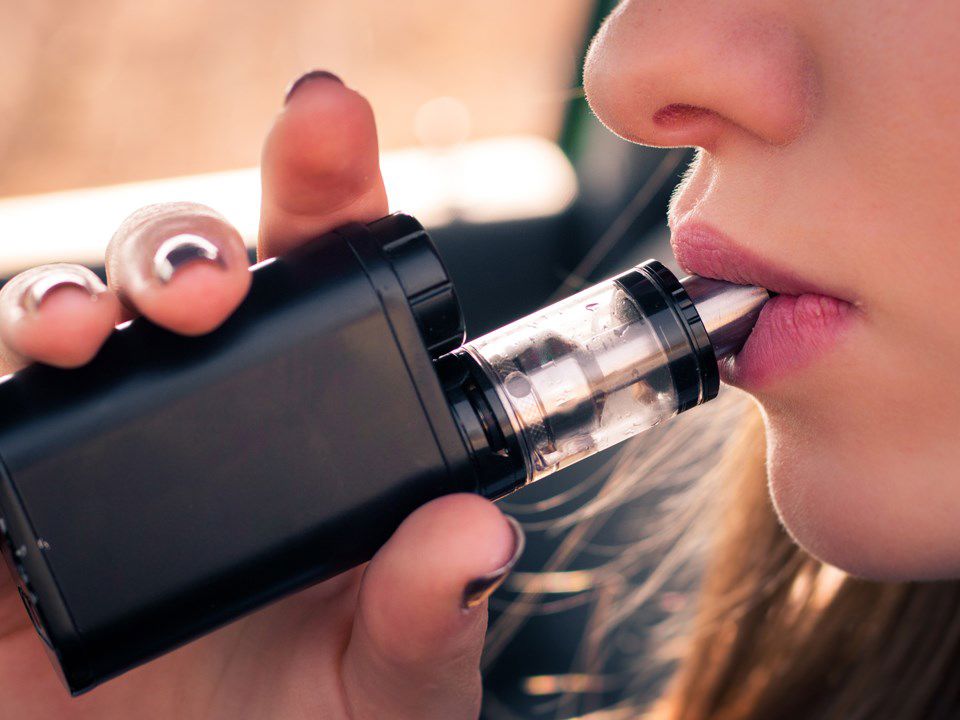- Doctors & Departments
-
Conditions & Advice
- Overview
- Conditions and Symptoms
- ¿Está enfermo su hijo?
- Parent Resources
- The Connection Journey
- Calma Un Bebé Que Llora
- Sports Articles
- Dosage Tables
- Baby Guide
-
Your Visit
- Overview
- Prepare for Your Visit
- Your Overnight Stay
- Send a Cheer Card
- Family and Patient Resources
- Patient Cost Estimate
- Insurance and Financial Resources
- Online Bill Pay
- Medical Records
- Política y procedimientos en el hospital
- Preguntamos Porque Nos Importa
-
Community
- Overview
- Addressing the Youth Mental Health Crisis
- Calendar of Events
- Child Health Advocacy
- Community Health
- Community Partners
- Corporate Relations
- Global Health
- Patient Advocacy
- Patient Stories
- Pediatric Affiliations
- Support Children’s Colorado
- Specialty Outreach Clinics
Your Support Matters
Upcoming Events
Mental Health Town Hall
martes, 23 de abril de 2024Join Children’s Hospital Colorado pediatric experts for a virtual...
-
Research & Innovation
- Overview
- Clinical Trials
- Q: Pediatric Health Advances
- Discoveries and Milestones
- Training and Internships
- Academic Affiliation
- Investigator Resources
- Funding Opportunities
- Center For Innovation
- Support Our Research
- Research Areas

It starts with a Q:
For the latest cutting-edge research, innovative collaborations and remarkable discoveries in child health, read stories from across all our areas of study in Q: Advances and Answers in Pediatric Health.


Bill Introduced to Combat Skyrocketing Youth E-Cigarette Use
Children's Hospital Colorado | enero 18, 2019

Colorado health leaders announced the introduction of a bipartisan bill to modernize the Clean Indoor Air Act, House Bill 19-1076. The bill would prohibit the use of electronic smoking devices, known as e-cigarettes, in public spaces and workplaces. House Bill 19-1076 also removes outdated exemptions to protect everyone’s right to breathe clean smoke-free air.
The bill is sponsored by Representative Dafna Michaelson Jenet (D-Commerce City), Representative Colin Larson (R-Jefferson County), Senator Kevin Priola (R-Henderson) and Senator Kerry Donovan (D-Vail). The legislation comes on the heels of state data that show that Colorado teens have the highest incidence of vaping nicotine in the country.
Vaping trend poses major health risks
“The vaping trend among youth is very real and the major risks are minimized. We’re excited to join with partners to update the Clean Indoor Air Act to help our youth stay healthy and avoid a lifetime of nicotine addiction,” said Robin Deterding, MD, the medical director of Children’s Hospital Colorado’s Breathing Institute. “We urge our state lawmakers and Governor Jared Polis to confront the accelerating e-cigarette industry and strengthen our state’s existing smoke-free law.”
Youth don't believe e-cigarettes are risky
In 2017, 44% of Colorado youth reported trying e-cigarettes at least once in the last year and 27% reported current use. The U.S. Surgeon General recently announced that teen e-cigarette use across the country has reached “epidemic” levels. Despite the known damage that nicotine can have on the developing brain, only 50% of Colorado youth believe e-cigarettes are risky. In contrast, 87% believe smoking cigarettes poses a threat to their health.
A key strategy in addressing youth use of these products is to eliminate them in public spaces, as youth can be highly sensitive to normalization and perceptions of harm based on what they see in their environment.
Electronic smoking devices are a diverse group of products, commonly referred to as “vaping,” that are typically battery-operated products designed to deliver a heated solution or “aerosol” of nicotine and other chemicals to the user. The aerosols in e-cigarettes can increase a consumer’s exposure to carcinogens and heavy metals like lead and arsenic, both directly and through secondhand smoke. In addition, nicotine remains addictive and toxic, and it has a negative impact on the developing brain.
New bill aims to close loophole in Colorado laws
“Colorado teens are engaging in e-cigarette and vaping use at an alarming rate,” said Representative Dafna Michaelson Jenet, sponsor of House Bill 19-1076. “As a parent of teenagers, I share the concern of moms and dads who are worried about this growing public health issue and how it is impacting their children. It’s time to show our youth that this activity is harmful for them and those around them.”
“Coloradans decided years ago to protect our children and citizens from exposure to harmful secondhand smoke in public places while still maintaining an adult’s right to use these products in their private lives,” said Representative Colin Larson, co-sponsor of House Bill 19-1076. “The recent rise in popularity of electronic smoking devices has pointed out a glaring loophole in current law that must be closed in order to keep these products out of the hands of children.”
Reducing public consumption of tobacco improves health
“E-cigarette use in public places not only encourages tobacco use among youth, but it undermines the health benefits of smoke-free laws,” said American Cancer Society Cancer Action Network Colorado Government Relations Director R.J. Ours. “The public should not be forced to breathe e-cigarette aerosol and, because some of the products are designed to look like cigarettes and cigars, the unacceptability of smoking in public places could be compromised, leading to a reduction in current users who quit.”
“Passing the Colorado Clean Indoor Air Act in 2006 was a key strategy in reducing the rate of smoking in the state,” said Liane Jollon, president of the Colorado Association of Local Public Health Officials. “Modernizing the Act is an important next step in reducing the use of new smoking devices like electronic cigarettes, especially among our youth who are extremely susceptible to using and becoming addicted to e-cigarettes.”
Tobacco use is still the number-one cause of preventable death in Colorado and is linked to about 30% of all cancer deaths.
Find our parenting resources on teens and vaping.



 720-777-0123
720-777-0123



